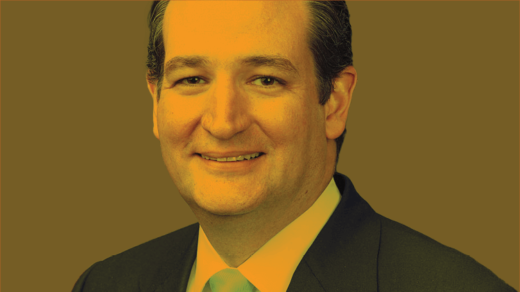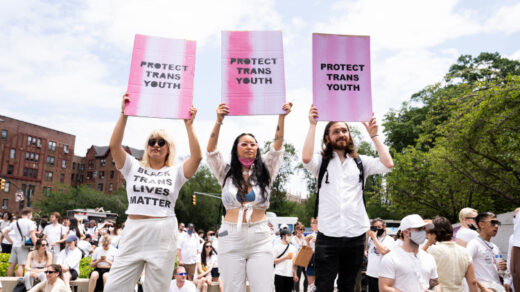Gay and bi men earn thousands less than their straight peers, eye-opening study finds
Author: Josh Milton

Gay and bisexual men earn less than their heterosexual peers, a new study has found, confirming what we’ve all known for years.
Researchers from Anglia Ruskin University combed through 24 studies that charted the salaries of people in Europe, North America and Australia between 2012 and 2020.
Their findings, published Friday (30 July) in the Journal of Population Economics, found that gay men earn on average 6.8 per cent less than straight guys across all three continents.
Lesbian women, on the other hand, tend to earn more than heterosexual women – 7.1 per cent, to be precise. A difference that researchers attributed to lesbian women being perceived as more “masculine” by employers.
But the pay gap is even larger for bisexual men, who take home a thumping 10.3 per cent less than straight men, they found. For bi women, the difference is 5.1 per cent.
Gay and bisexual workers earning less is baffling researchers
While it can be difficult to pinpoint the exact cause of these gaps in pay, researchers looked towards workplace biases as one explanation. They also called on policy-makers to take a more pointed response to close the queer pay gap when drafting anti-discrimination legislation.
“The persistence of earnings penalties for gay men and bisexual men and women in the face of anti-discrimination policies represents a cause for concern,” said the study’s author, professor Nick Drydakis.
“Legislation and workplace guidelines should guarantee that people receive the same pay, and not experience any form of workplace bias simply because of their sexual orientation or gender identity status.
“Inclusive policies should embrace diversity by encouraging under-represented groups to apply for jobs or promotions and providing support to LGBTIQ+ employees to raise concerns and receive fair treatment.
“Standing against discrimination and celebrating and supporting LGBTIQ+ diversity should form a part of HR policies.”
Drydakis said that lesbian workers earning more is, in fact, something of a double-edged sword, being the upshot of both sexist and lesbophobic attitudes.
“Arguments focusing on lesbian women’s earnings premiums in relation to masculine characteristics, which stereotypically characterise lesbian women and demonstrate leadership, have been utilised to evaluate their experiences,” he said.
He also pointed towards lesbian women on average being less likely to marry and have children than their straight counterparts. This feeds into a view, he said, that “lesbian women might invest more in a workplace career”.
Nevertheless, the wage penalty leaves many queer workers with less take-home pay to support themselves and their families, touching off how many experiences higher rates of poverty, homelessness and workplace discrimination.
For example, hay men are more likely to experience poverty and lower annual income, according to Essex University’s Institute for Social and Economic Research.
Running counter to the stereotypes of well-heeled gay men, the study found that they are more likely to be on some form of state welfare programs, such as income support, housing benefit and council tax benefit.
For bisexual men and women, the pay penalties are even more pronounced. Bi men are four percentage points more likely to experience poverty than straight men – the figure is three points for bi women.
Anti-poverty initiatives designed to uplift the 11.7 million Britons in low income, per government data, must take into account sexuality and gender identity, the academics stressed.
Moreover, the daily discrimination many queer employees face could factor into the wage gap. Unsettling – yet unsurprising – figures from Britain suggested that LGBT+ workers face higher levels of humiliation, verbal abuse and discrimination at work.
Actual Story on Pink News
Author: Josh Milton






